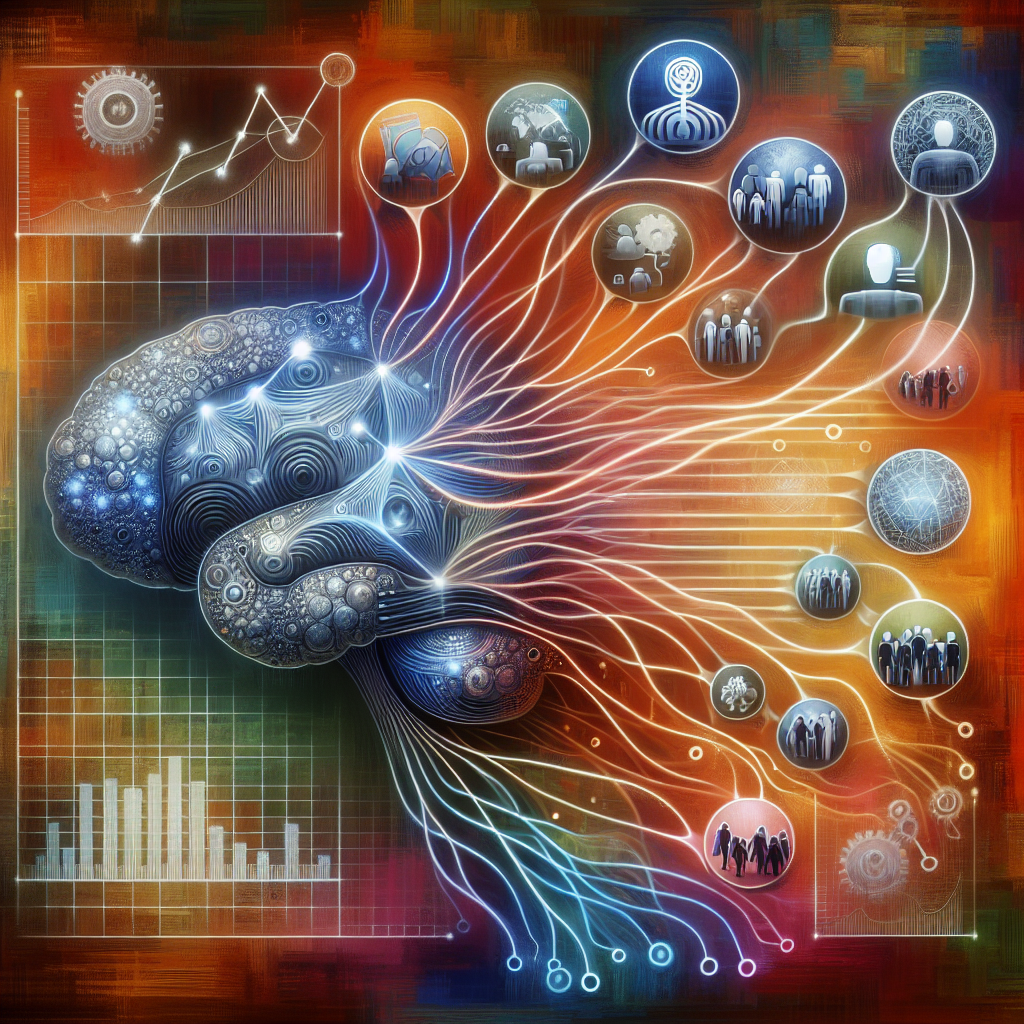Artificial General Intelligence (AGI) is a topic that has been gaining increasing attention in recent years. AGI refers to a type of artificial intelligence that possesses general cognitive abilities similar to those of humans. This means that AGI systems have the ability to understand and learn any intellectual task that a human being can. While current AI systems are typically limited to specific tasks, AGI has the potential to revolutionize society and the economy in ways that we can only imagine.
In this article, we will explore the implications of AGI on society and the economy. We will discuss the potential benefits and challenges that AGI presents, as well as the ethical considerations that need to be taken into account. Additionally, we will address some frequently asked questions about AGI and its impact on our world.
Benefits of AGI
One of the biggest potential benefits of AGI is its ability to automate a wide range of tasks that are currently performed by humans. This could lead to increased efficiency and productivity in industries such as healthcare, transportation, and manufacturing. For example, AGI systems could be used to analyze medical images and diagnose diseases more accurately and quickly than human doctors. This could lead to faster treatment and better outcomes for patients.
AGI also has the potential to revolutionize the way we work and interact with technology. With the development of AGI, we could see the emergence of truly intelligent virtual assistants that can understand and respond to human speech in a natural way. This could make it easier for people to access information and services, and could potentially improve the quality of our interactions with technology.
Challenges of AGI
While the potential benefits of AGI are vast, there are also significant challenges that need to be addressed. One of the biggest concerns surrounding AGI is the impact it could have on the job market. As AGI systems become more advanced and are able to perform a wider range of tasks, there is a risk that many jobs could be automated, leading to widespread unemployment. This could have serious implications for society, as people may struggle to find new employment opportunities in a rapidly changing labor market.
Another major challenge of AGI is the potential for misuse and abuse of the technology. AGI systems could be used for malicious purposes, such as hacking into systems or manipulating information for personal gain. Additionally, there are concerns about the ethical implications of creating machines that are capable of thinking and learning like humans. Questions have been raised about the potential for AGI systems to develop their own goals and values, which could conflict with those of their creators.
Ethical Considerations
As we continue to develop AGI technology, it is important to consider the ethical implications of our actions. One of the key ethical considerations is the potential for AGI systems to exhibit bias or discrimination. If AGI systems are trained on data that is biased or incomplete, they may make decisions that are unfair or harmful to certain groups of people. It is essential that developers take steps to ensure that AGI systems are trained on diverse and representative data sets in order to minimize the risk of bias.
Another important ethical consideration is the impact that AGI could have on privacy and security. As AGI systems become more advanced, they may have the ability to collect and analyze vast amounts of personal data. This raises concerns about how this data will be used and protected, and whether individuals will have control over how their information is used. It is crucial that safeguards are put in place to protect the privacy and security of individuals in a world where AGI is prevalent.
Frequently Asked Questions
Q: Will AGI replace human workers?
A: While AGI has the potential to automate many tasks currently performed by humans, it is unlikely to completely replace human workers. Instead, AGI is more likely to augment human capabilities and create new job opportunities in industries that are currently underserved.
Q: How will AGI impact the economy?
A: The impact of AGI on the economy is difficult to predict, as it will depend on how the technology is implemented and regulated. In the short term, AGI could lead to job displacement in certain industries, but in the long term, it could lead to increased productivity and economic growth.
Q: What are the risks of AGI?
A: The risks of AGI include job displacement, bias and discrimination, misuse of the technology, and ethical considerations. It is important that these risks are carefully considered and addressed in order to ensure that AGI technology is developed in a responsible and ethical manner.
Q: How can we prepare for the implications of AGI?
A: In order to prepare for the implications of AGI, it is important to invest in education and training programs that will help people adapt to a changing labor market. Additionally, policymakers should work to establish regulations and guidelines for the responsible development and use of AGI technology.
In conclusion, AGI has the potential to revolutionize society and the economy in ways that we can only imagine. While there are significant challenges and ethical considerations that need to be addressed, the benefits of AGI are vast and could lead to a more efficient and productive world. By carefully considering the implications of AGI and working to address its risks, we can ensure that this technology has a positive impact on our world for generations to come.

